What will protest look like in the Year of the Snake?

Will it be carnivalesque, punky, greenie, angry black or pinkie feministo? My guess is none of those . . . instead of a new protest vibe, I think we’ll have a new rhythm. Weekdays we’ll work, Saturdays we’ll party and Sundays we’ll rest as we always have. But on Fridays, people will wander out into the streets and, each in their own sweet way, fight back against a world order that no longer computes. In city after city we’ll create a global drumbeat for systemic change that grows louder and louder week by week.
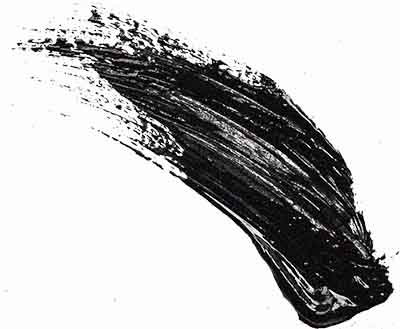
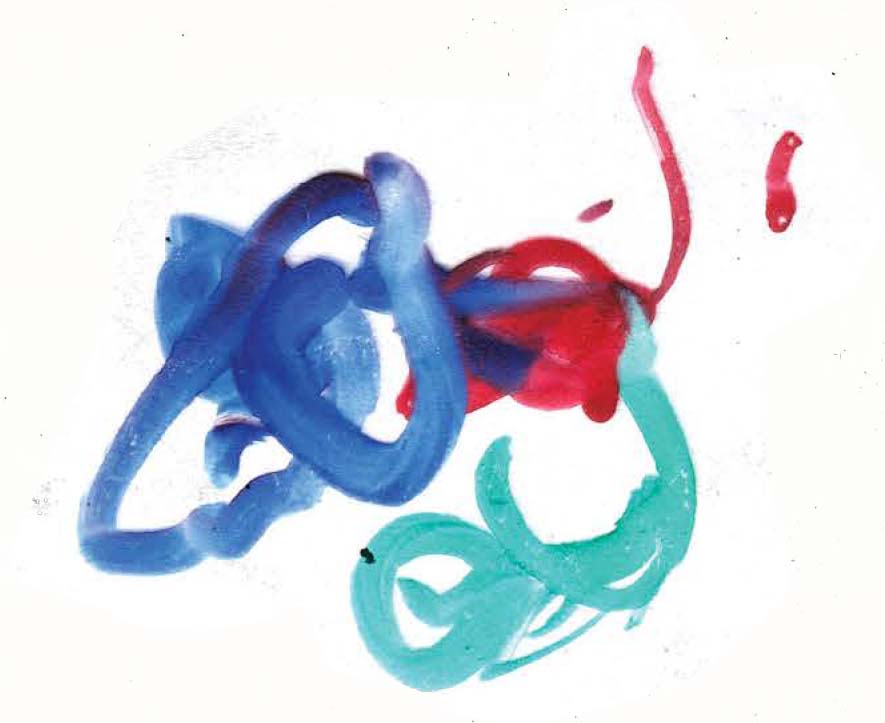
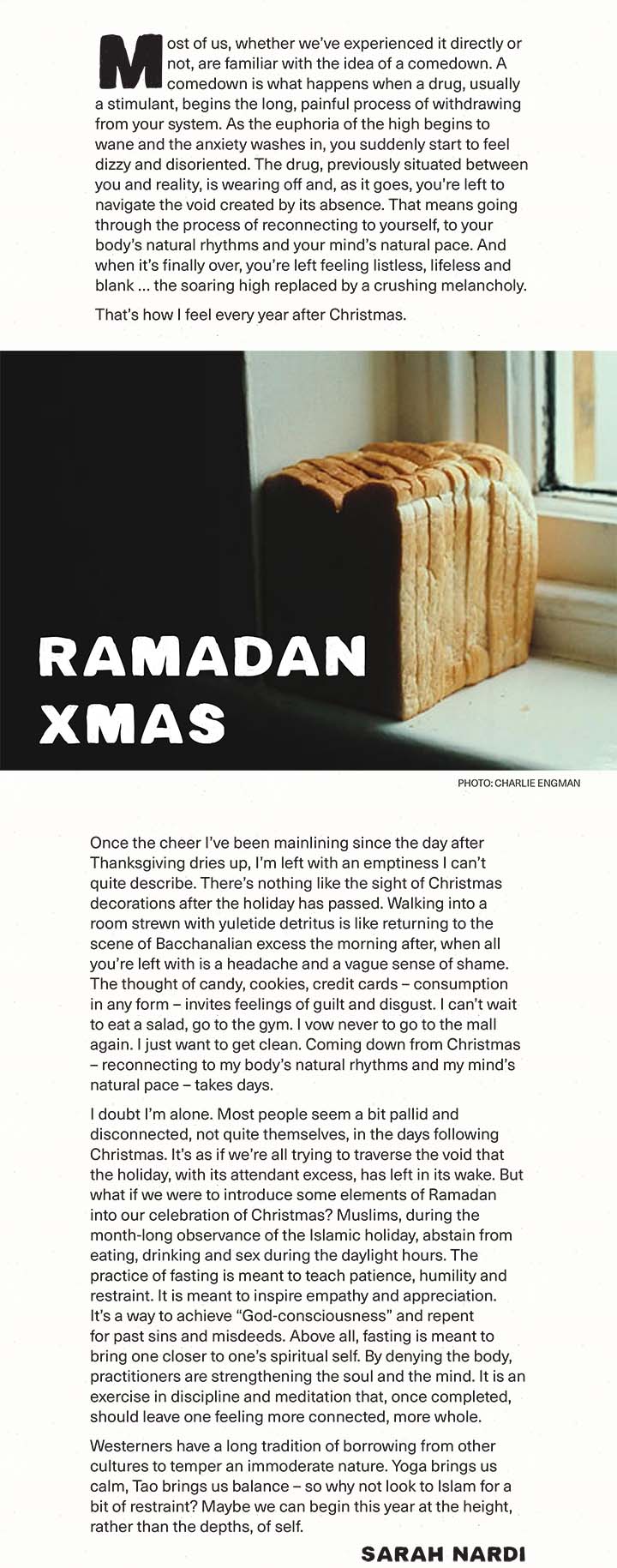

You have to keep at it, again and again, throughout your life

From the moment you start dreaming as a teenager, start delving into philosophy and following artists, sense a first hint of awe at your existence and wonder if life has any meaning at all.
Riddles wrapped in enigmas wrapped in mysteries. What the hell happened before the Big Bang? Does AI totally vanquish the idea of a human soul? And who is this "I" asking all these things, anyway?
You'll keep asking questions like that ... again and again and again.
In my late teens I thought I'd found some answers in Wittgenstein . . . and then in Sartre & Heidegger . . . and later in Shinto's mystical embrace of nature . . . and in the films of Ozu and the nothingness of Zen. The artist Agnes Martin once hit me hard with: "I am staying unsettled and trying not to talk for three years. I want to do it very much."

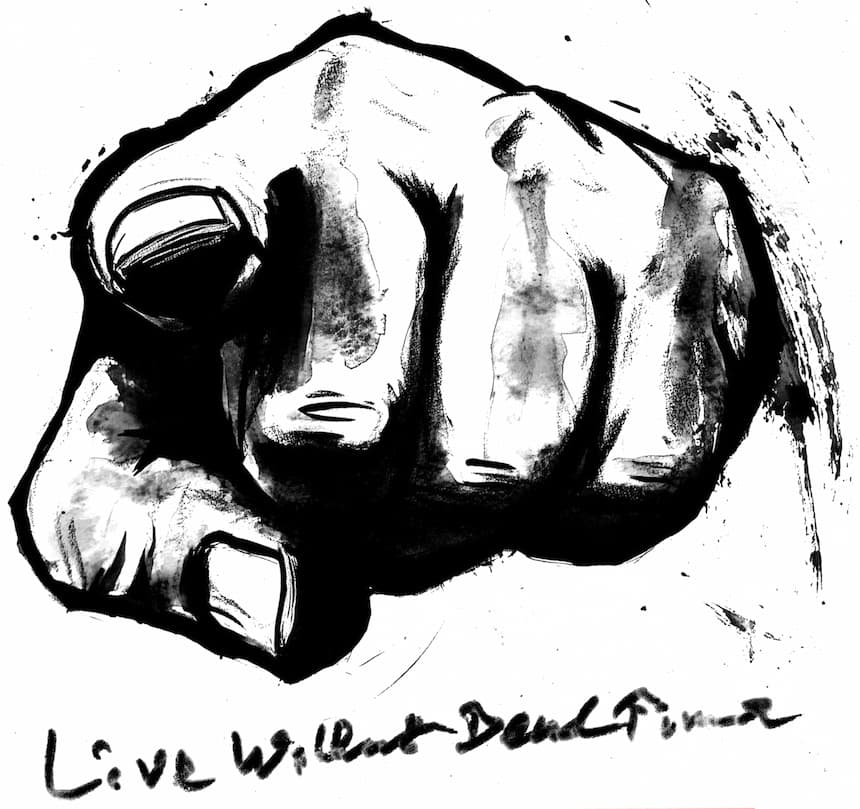
The Unofficial History of America

In high school the cool kids smoked. So I started smoking too. And I continued to smoke in university. I just changed brands. Gaulois were too pretentious; I went for British brands like Peter Stuyvesant, with its pure white pack.
Then I started to hear murmurings: cigarettes cause lung cancer.
It was still just a rumor — at least that’s how the industry spun it. “The link hasn’t been proven,” said Philip Morris. PM had marshaled a team of corporate lawyers and PR flacks — not to mention publicly skeptical doctors on their payroll. The evidence just isn’t there, they said. The average smoker’s chances of getting lung cancer from cigarettes is roughly the chance of being struck by lightning.
So I kept puffing.
But I tried to quit, again and again. Problem was, I couldn’t edit a film without smoking. You can imagine it: you’re immersed in the flow, the rational part of your brain is in park, the wild reactive part firing on instinct, and your hand instinctively reaches for a dart. For me back then smoking was woven into the ritual of doing creative work on a deadline.



Hey all you wild hearts out there,
Let's set the tone for the next four years.
Wherever you are, whatever you're doing, raise your middle finger in a global gesture of defiance.
Do it because he calls climate change a hoax.
Because he continues to spread the big lie.
Because he mismanaged the Covid crisis.
Because he gifted the Golan Heights and East Jerusalem to Israel.
Because you don't want his finger on the nuclear button.
Or do it just because he's a low-life pussy grabber unfit to lead a nation.
Let your fury flow … and irrigate dreams of a better tomorrow.

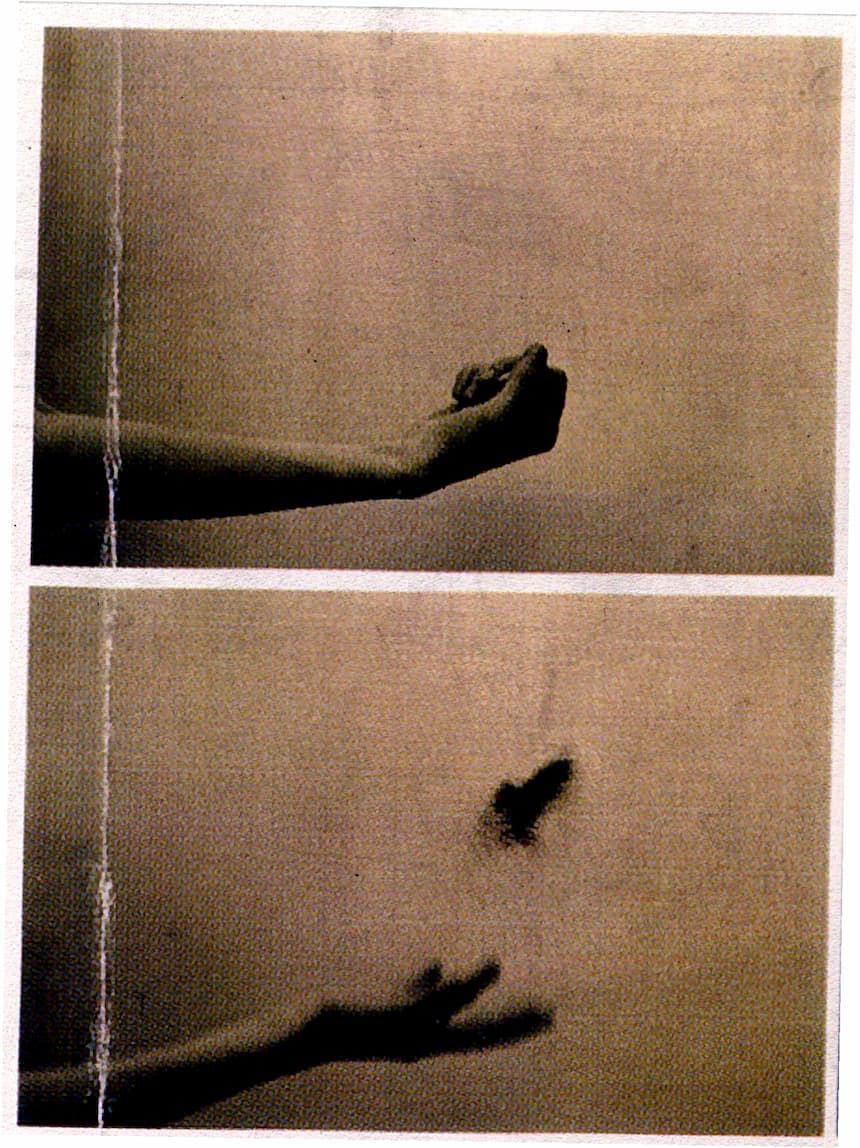

I passed a guy the other day, maybe 16, 17 years old. And as he got a little ways down the street I heard him holler at the top of his lungs: “I hate my fucking life and everyone in it!” (I guess that included the defeated-looking woman I took to be his mom, who was walking 20feet behind him.)
I felt sorry for this kid, and I hope he gets help. But I also found myself giving him a little private salute. At least he’s facing it. Bellowing his sad truth to the heavens must have felt like a bit of liberation.
Who hasn’t felt a hint of that existential frustration? Maybe you even feel it now. Like: Really? This is the life I have settled for? Starbucks, Safeway, smokeshop, home. Bang, bang, bang, marching to the drumbeat of capitalism.
In the car you catch the news that the UN has declared a “red-alert emergency” for humanity. The seas are going to rise for two thousand years and there’s not a damn thing we can do about it.
And now you feel the stakes suddenly spike. You feel the cost of repeating another day of your life like this pre-programmed puppet . . .sleepwalking through this bad dream that isn’t even your own.


Just west of Saskatoon, Saskatchewan stands the Crooked Grove, a stand of aspen trees that, for reasons scientists don't fully understand, all grow gnarled and deformed.
The trees start out straight but then bend, eventually curling so far out of the sunlight that they begin to die. At which point new shoots spring out from the trunk and start growing in a different direction.
The new generation wants to live, despite its parents' crooked ways.
—Harry Flood


Zen and Punk:
A Path to Authentic Revolution
While punk emerged as a reaction to the hippie movement of the 1960s, it has faced its own challenges in maintaining its revolutionary spirit. The commercialization of punk rock and the descent into mere escapism through drugs and loud music have buried the movement's original principles. However, Zen philosophy offers a powerful framework for revitalizing punk's core values.
The Convergence of Zen and Punk Ethics
At first glance, Zen's emphasis on silence and punk's loud rebellion might seem contradictory. Yet both share fundamental values: authenticity, rejection of materialism, and the importance of direct action over empty talk. As Zen teaches, "The more you talk about it, the less you understand" - a principle that aligns perfectly with punk's emphasis on action over rhetoric.
Beyond Nihilism: Zen as a Tool for Punk Revival
While many punks have fallen into cynical nihilism, Zen offers a way to maintain rebellion while finding deeper meaning. Instead of numbing oneself with substances and noise, Zen's practices of mindfulness and meditation provide tools for facing society's problems with clarity and purpose.



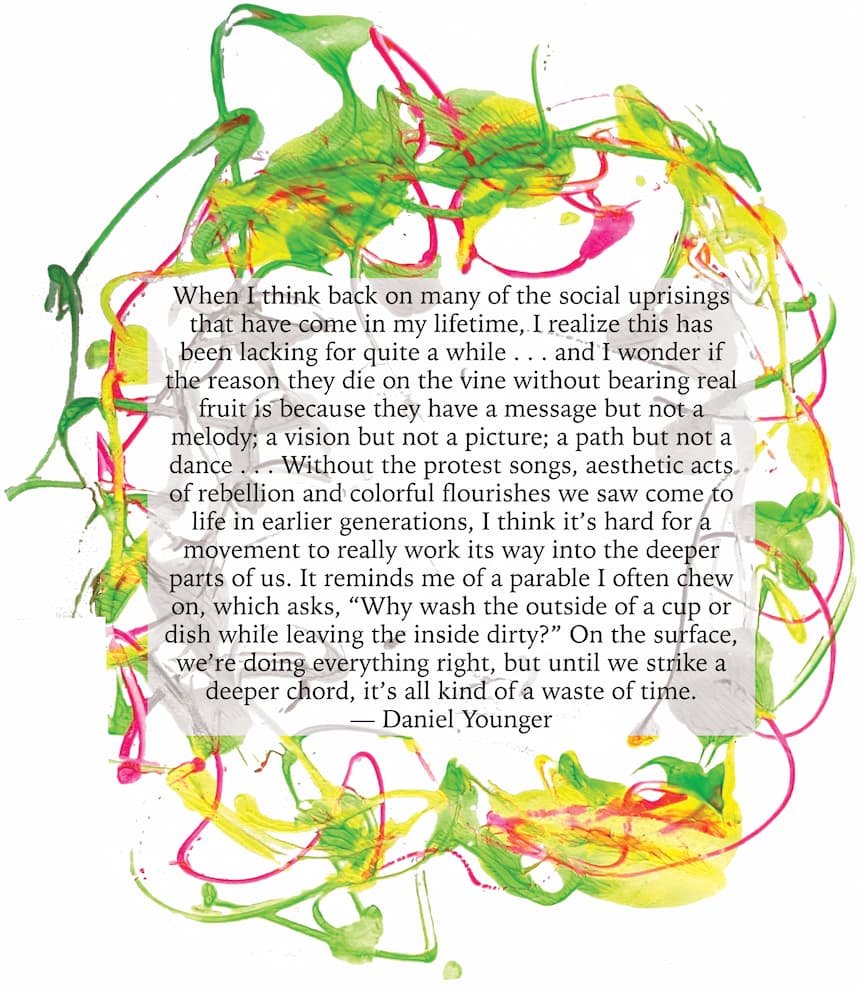

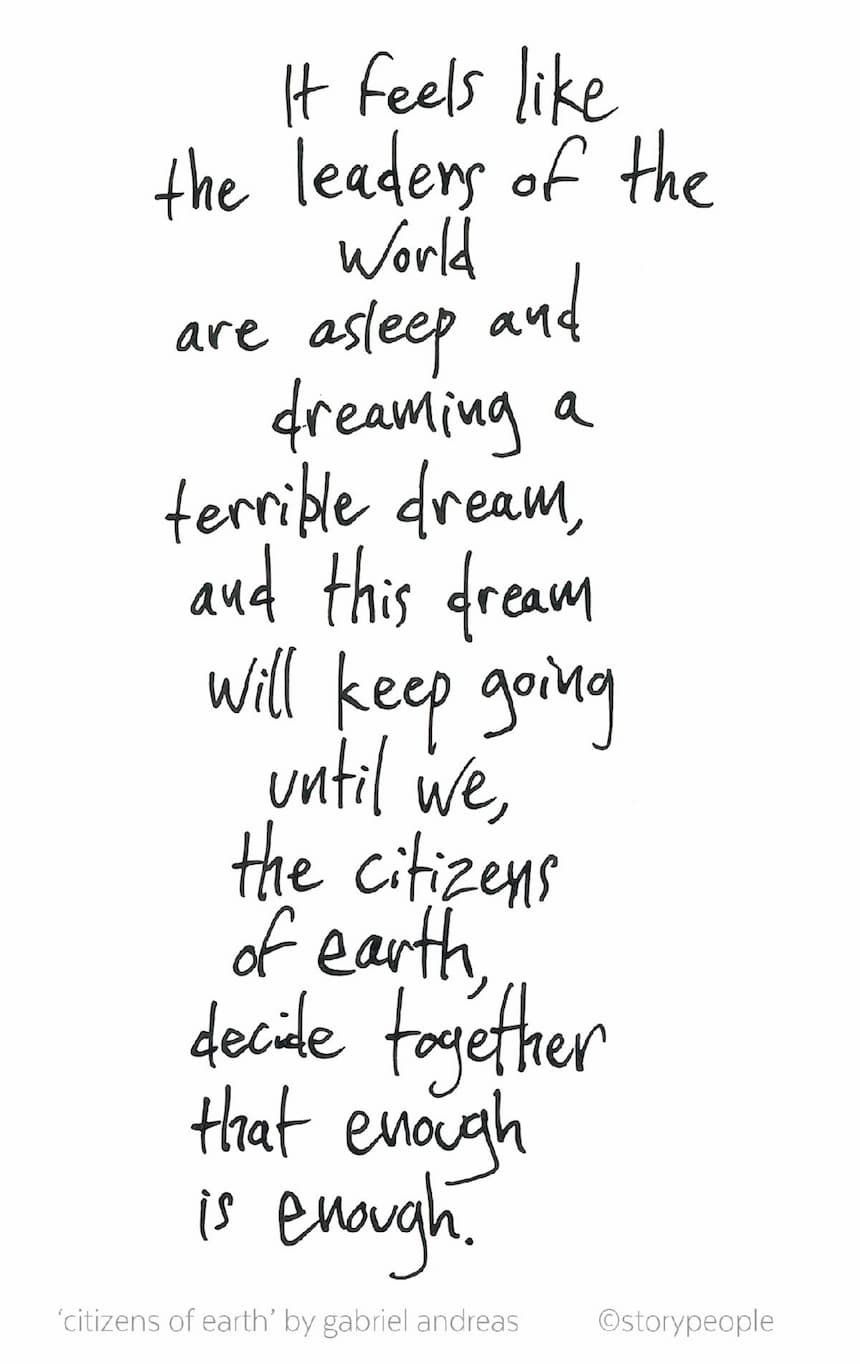


Near the end of Dostoevsky's novel The Idiot, the hero finds himself standing in the gallows, about to be hanged. In one minute it'll all be over. It suddenly occurs to him what an enormous amount of time that is. A full minute. He takes ten seconds to think about his family, then allows his mind to roam over the play of light on the church steeple in the distance, the granular subtleties of his entire life. His impending demise – or so he thought – had smashed his last moment on earth like an atom.
You could say that's all of us now. We're standing on the gallows having an existential moment together. And performing in our heads what the writer Mitchell Jackson called "survival math" – a term he hatched after being held up at gunpoint and realizing his odds of living would swing wildly depending on what he said and did in the next thirty seconds.
Call it a hinge moment.




